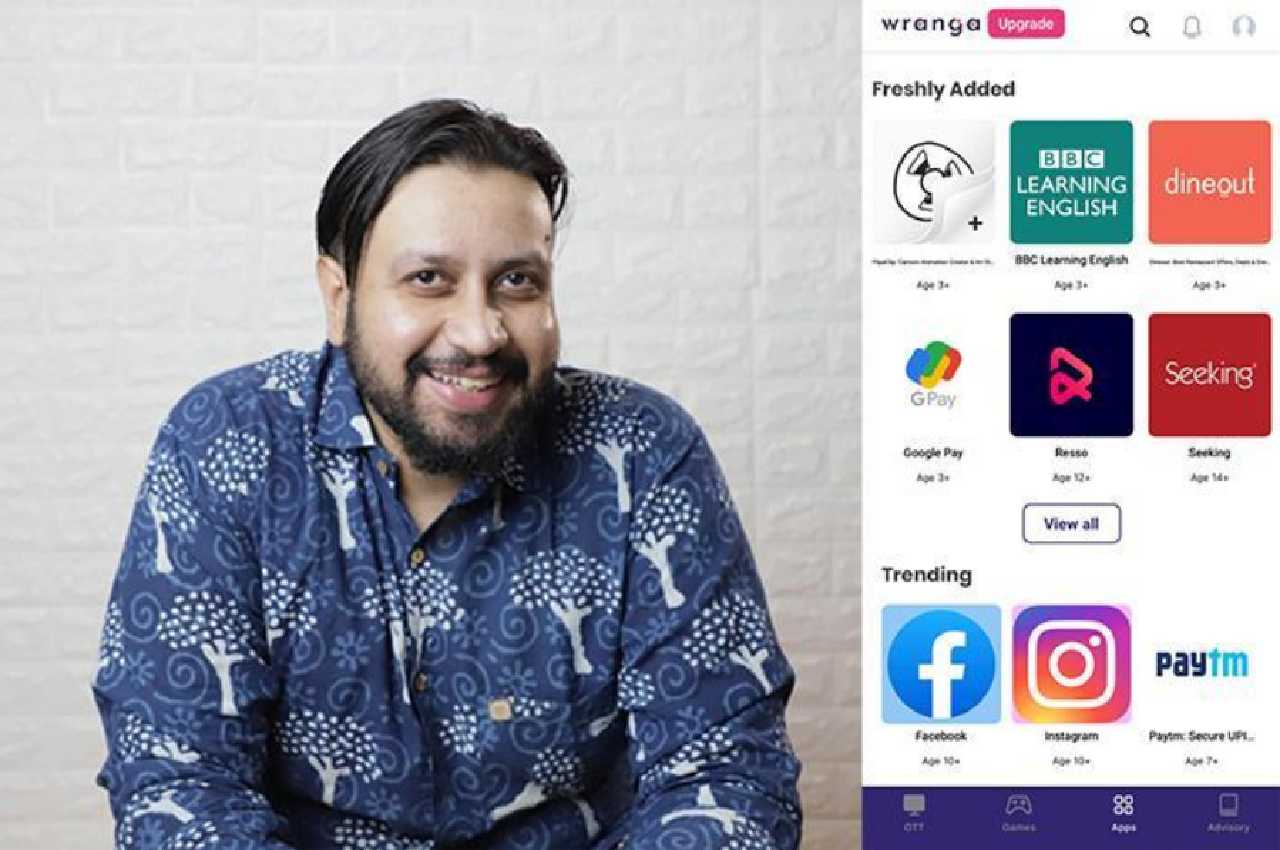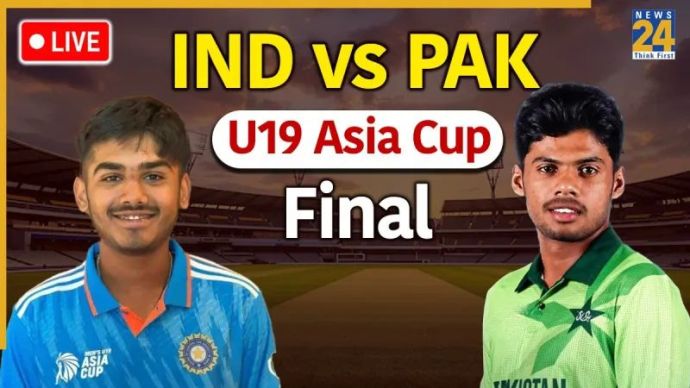There has been a dramatic increase in the production and consumption of media content. On one hand, we have social media platforms such as YouTube, Instagram, and TikTok that are easily accessible to any and everybody across the globe. On the other hand, we have OTT platforms that can only be accessed via a paid subscription. But despite the fact that they remain behind a paywall, their content, once a subscription is purchased, is accessible to anyone who signs in.
This ease of accessibility, while a boon on one side, is also one of the biggest drawbacks of the content. Content platforms serve a highly diverse global audience and their viewers span multiple continents, countries, races, ethnicities, and ages. This means that not all published content is suitable for everyone to watch, especially children.
This posits the need for measures that can ascertain the appropriateness of each content item vis-a-vis the viewer, especially when the viewer is a child or young adult, this is where Wranga, a digital parenting platform is striving to make a difference by providing a complete ecosystem for parents to raise their children in a safe and positive cyber environment.
In conversation with Mr Ambitabh Kumar, Co-founder Wranga who tells us how Wranga is helping parents navigate the digital world
- What is Wranga?
Wranga is a Digital Parenting platform using Artificial intelligence to make the internet safer for children. It is essentially the answer to all the issues that the digital age parents are facing today. Be it screen time or overindulgence in the world of social media, experts at Wranga help them to mentor their virtual experiences by informing them of the existing safety tools and also by reviewing the existing content that the kids might come across while surfing the net.
- What is dictating children’s screen time in today’s day and age and what type of content are children consuming?
Children primarily are spending time on interactive media such as games, apps, and any other content. In addition to it, they also socialize on TikTok, youtube shorts, and Instagram reels. Another popular culture in the present day is becoming an influencer. Making money at a very early age is being fantasized about. The trend changes with demographics. Screen time is higher among the kids, averaging about 3 to 5 hours. Addiction, abuse, and violence are becoming a problem and hence the need for proper regulations and offline activities to curb excessive screen time.
- What is the need that helped you identify that a digital parenting platform like Wranga is essential in the present time?
Parents are unable to keep up with the ever-evolving Internet. Every day 1500 new apps + games + content is updated to the play store; it is impossible to stay up to date. Wranga is a team of qualified professionals rating and reviewing apps, games and content, categorising them for age appropriateness. Helps parents save time and make positive choices for their little ones.
- How do you categorize content in bulk? Which technology is used to efficiently do the job?
We have developed and patented Wranga’s Artificial intelligence review + rating + advisory system. It’s a constantly evolving unbiased review and rating system using Natural Language processing, computer visions and GAN: Generative Adversarial Networks. To provide a culturally sensitive rating and review for Indian children.
- How are you reaching out to more and more parents to create awareness about the brand?
We are activists turned entrepreneurs with a decade of experience in doing workshops in schools. So that remains our primary methodology to directly interact with Parents + Teachers + Children. We also use our social media to spread awareness about Digital Parenting, speaking to global experts.













